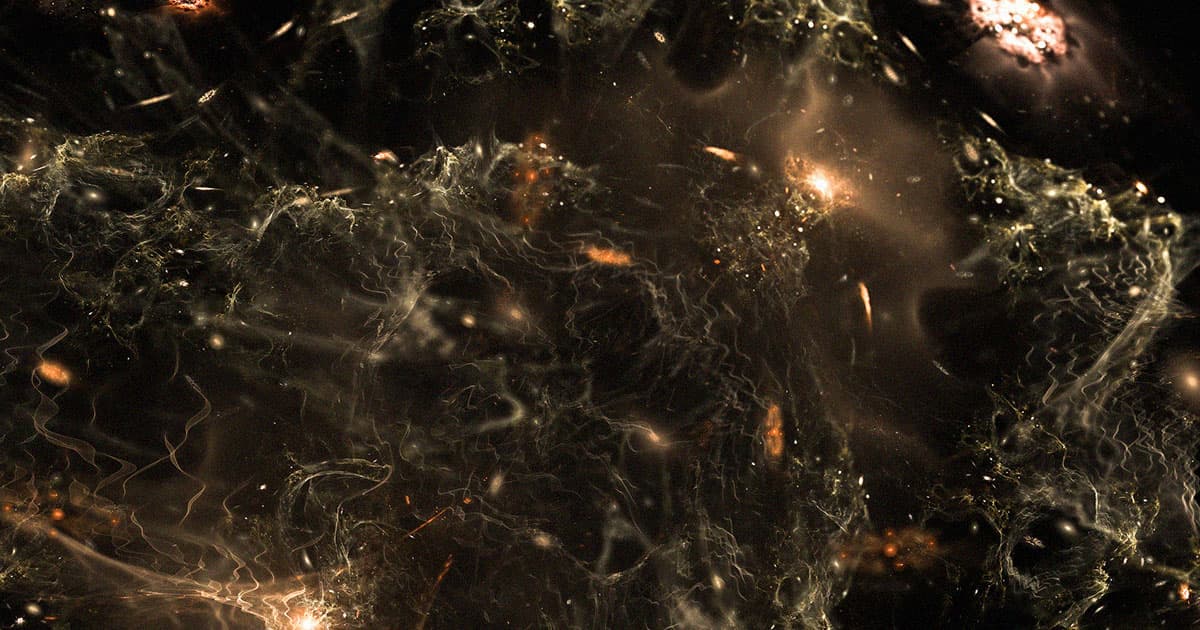"More and more people are saying the same thing and these are respected astronomers."
Expiration Date
A number of high-profile astronomers are set to convene at London's Royal Society to question some of the most fundamental aspects of our understanding of the universe.
As The Guardian reports, the luminaries of cosmology will be re-examining some basic assumptions about the universe — right down to the over-a-century-old theory that it's expanding at a constant rate.
"We are, in cosmology, using a model that was first formulated in 1922," coorganizer and Oxford cosmologist Subir Sarkar told the newspaper, in an apparent reference to the year Russian astronomer Alexander Friedmann outlined the possibility of cosmic expansion based on Einstein's general theory of relativity.
"We have great data, but the theoretical basis is past its sell-by date," he added. "More and more people are saying the same thing and these are respected astronomers."
Reality Check
A number of researchers have found evidence that the universe may be expanding more quickly in some areas compared to others, raising the tantalizing possibility that megastructures could be influencing the universe's growth in significant ways.
Sarkar and his colleagues, for instance, are suggesting that the universe is "lopsided" after studying over a million quasars, which are the active nuclei of galaxies where gas and dust are being gobbled up by a supermassive black hole.
The team found that one hemisphere actually hosted slightly more of these quasars, suggesting one area of the night sky was more massive than the other, undermining our conception of dark energy, a hypothetical form of energy used to explain why the universe is expanding at an accelerated rate.
"It would mean that two-thirds of the universe has just disappeared," Sarkar told The Guardian.
Other researchers have suggested that the cosmological constant, which has been used for decades as a way to denote the rate of the universe's expansion, actually varies across space, which would contradict the standard model of physics.
In short, astronomers are more than ready to reevaluate the century-old footsteps they've been following to gain a better understanding of the universe around us.
"I find that frankly annoying that this principle hasn’t been checked," Sarkar told the British newspaper.
"We need more exploration on where, if at all, the standard model breaks down," Canadian-American astronomer and Carnegie Observatories director Wendy Freedman added. "I don’t think there is an obvious thing that is going to stand the test of time."
More on the cosmological constant: New Paper Claims Dark Matter Doesn't Exist at All
Share This Article
